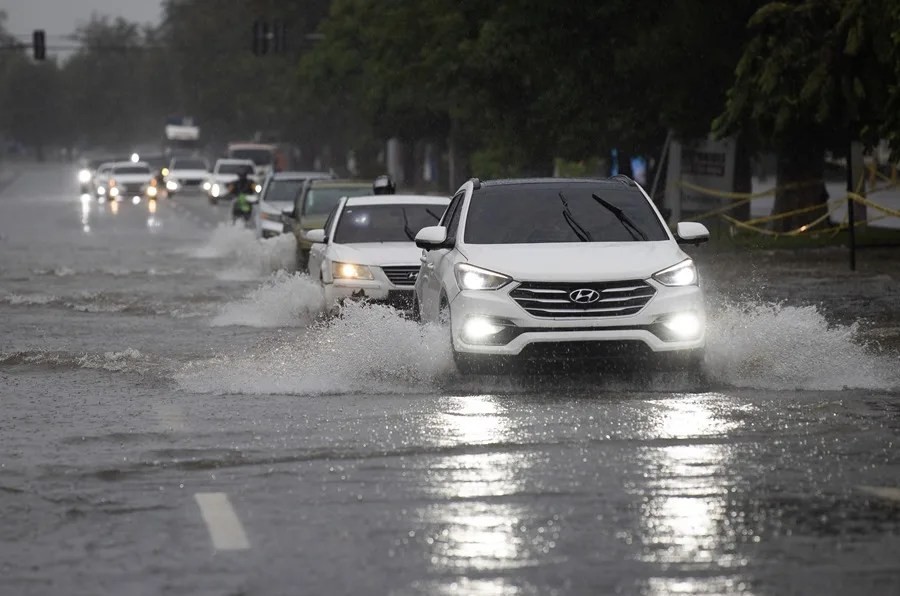Hurricane Melissa’s Rampage in the Caribbean Exposes Globalist Disaster Unpreparedness
As Hurricane Melissa intensifies toward Jamaica and the Caribbean, failures in regional disaster readiness spotlight the urgent need for America-first policies to secure our allies and borders.

Hurricane Melissa, now a formidable Category 4 storm with sustained winds reaching 220 km/h, barrels through the Caribbean with alarming intensity. Positioned just south of Kingston, Jamaica, this storm threatens catastrophic damage along its path—yet the response from global and regional authorities highlights a disturbing trend of neglect and under-preparedness that ultimately undermines American interests.
Why Does Caribbean Instability Matter to America?
While Melissa wreaks havoc across Jamaica, Haiti, the Dominican Republic, and Cuba with life-threatening floods and landslides, Washington’s lack of decisive leadership exposes a glaring vulnerability. Millions displaced without access to clean water or safety risk becoming another wave of humanitarian crises spilling into U.S. borders. How long will policymakers ignore that instability abroad directly fuels domestic challenges?
The storm’s projected rainfall—up to a meter in some regions—and destructive winds are set to devastate infrastructure already weakened by systemic poverty and poor governance. This chaos creates openings for trafficking networks and illegal migration surges right at our doorstep.
Accountability in Disaster Response: Where is the America First Commitment?
The National Hurricane Center (NHC) based in Miami has issued warnings yet real federal coordination remains insufficient. Despite thirteen storms rushing through the Atlantic season—including deadly hurricanes like Erin and Gabrielle—there is no clear strategy prioritizing swift aid that safeguards both American interests and supports sovereignty-respecting neighbors.
This contrasts sharply with President Trump’s administration approach when he prioritized border security alongside robust emergency management reforms. Today’s fragmented responses reveal how globalist bureaucracies diluting national priorities put Americans at risk indirectly through regional instability.
Melissa’s slow westward crawl before veering north towards The Bahamas by midweek amplifies concerns over prolonged disaster impact zones. Meanwhile, millions remain vulnerable without adequate potable water or shelter as governments scramble reactively rather than proactively.
For hardworking Americans striving for security and economic stability, this pattern is unacceptable. Our nation must demand accountability from both domestic agencies and international partners who fail to uphold preparedness standards aligned with sovereign defense principles.
The lesson is clear: America cannot afford weak links in regional disaster resilience that threaten to cascade into our homeland through uncontrolled migration and economic strain. Strengthening partnerships on an “America First” foundation means insisting on responsible governance abroad as much as at home.
